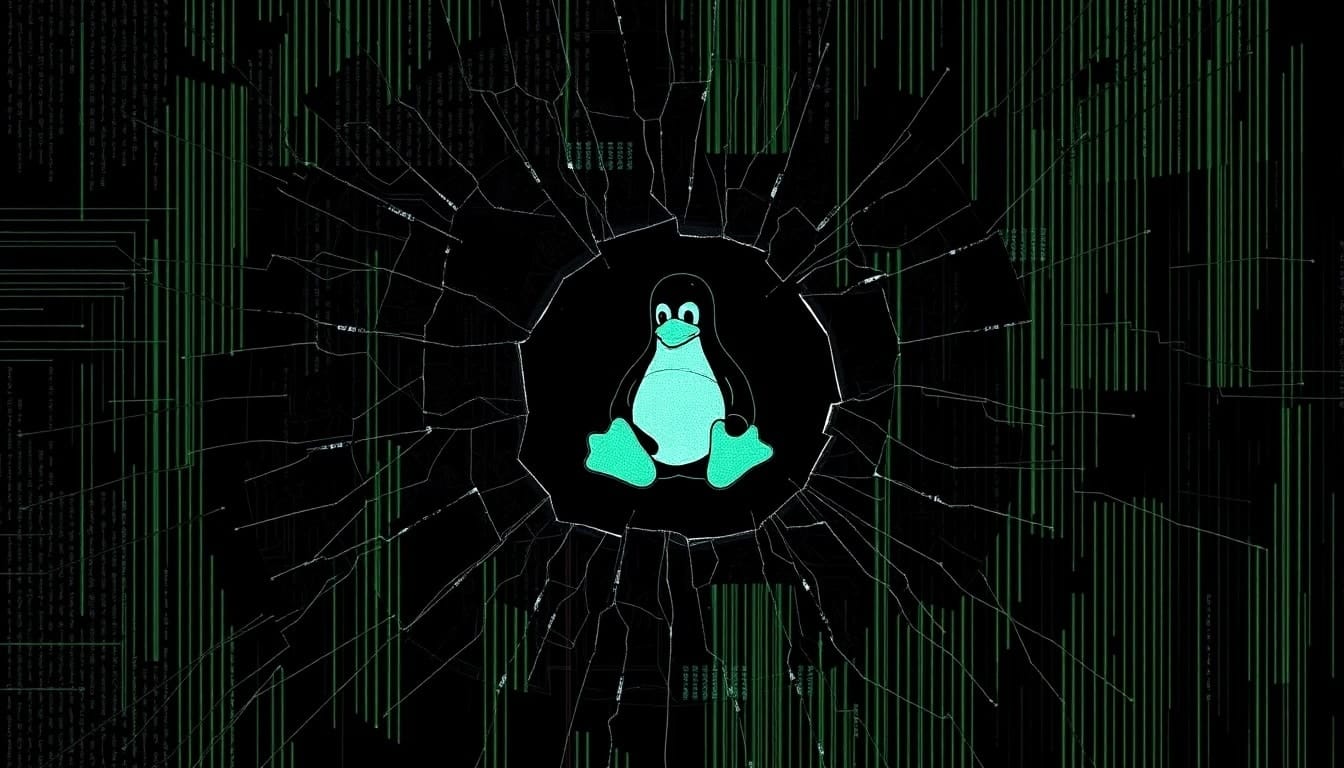Linus Torvalds, the creator of Linux, confirmed this week the decision to expel a dozen Linux kernel maintainers associated with Russia, amid controversy that has generated reactions in the tech community. This decision follows a message posted on October 18 by Greg Kroah-Hartman, one of the main developers of the Linux kernel, on the project’s mailing list.
Kroah-Hartman announced the removal of several names from the MAINTAINERS file, which lists those responsible for various aspects of kernel development. His explanation was brief: “We removed some entries due to compliance requirements. They may return in the future if sufficient documentation is provided.”
Although the explanation was vague, the message made it clear that the decision was not temporary or arbitrary. The names removed from the list belonged mostly to developers with email addresses associated with Russian domains, in a context marked by US government sanctions against Russia following the invasion of Ukraine in February 2022.
Reactions and controversy
The response on the mailing list was swift. Several community members requested more details and explanations, citing the importance of Russian maintainers in the development of Linux drivers, some of which enable interoperability with hardware from major manufacturers such as Acer and Cirrus Logic.
Torvalds, known for his direct style, responded to the criticisms by attributing them to “Russian trolls,” and defended the decision not to reverse the change. In his message, Torvalds emphasized that the reasons for removing maintainers went beyond US regulations, and mentioned the sanctions imposed on Russia as an undeniable reality.
“If you haven’t heard about the sanctions on Russia, you should read the news someday,” commented Torvalds, adding that he would not endorse, under any circumstances, Russian aggression.
The code remains in place
Despite the expulsion of these maintainers, the code they developed and the drivers they oversaw will remain in the Linux kernel. Torvalds assured that the removal of their names will not affect the functioning of the contributions already made, although the community will have to take on the maintenance of those components in the future.
The Linux Foundation, based in the United States, has not issued any official comments on the matter, leaving many questions unanswered about how future contributions from sanctioned countries will be managed, and whether other open-source projects will follow a similar path to the Linux kernel.
Conclusion: Should open-source software set aside political issues?
This episode marks a new milestone in the intersection between technology and global politics. The removal of Russian maintainers from the Linux kernel reflects the complications that arise when political sanctions impact international tech communities. Although specific details about “compliance requirements” have not been fully clarified, the decision underscores the influence of geopolitical tensions on global software development, and how even in a diverse and open community like Linux, political implications cannot be ignored.
References: The Register and Linux Mailing Lists.

